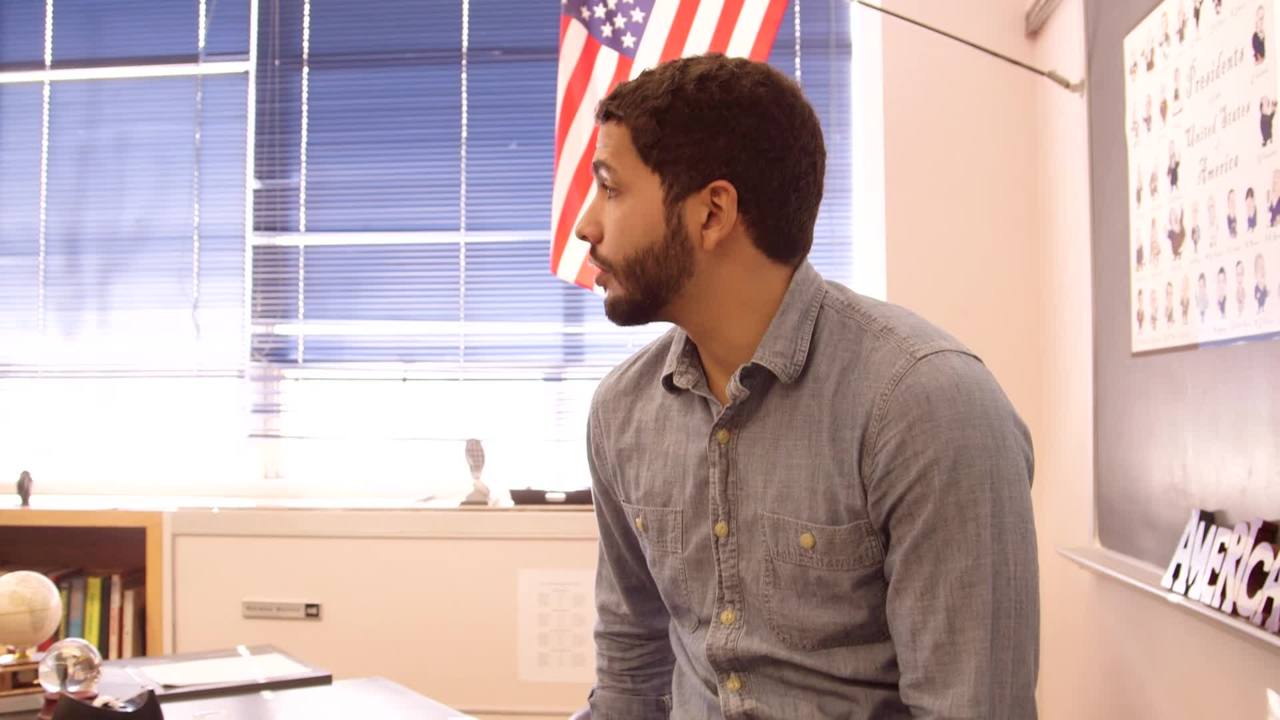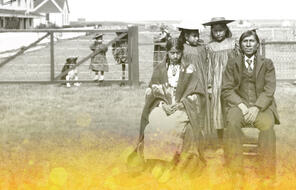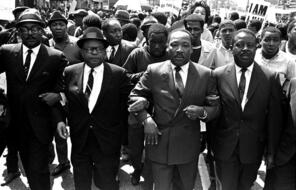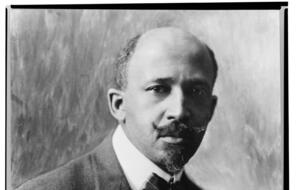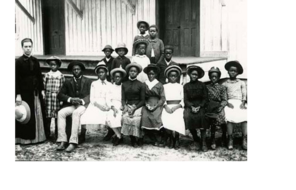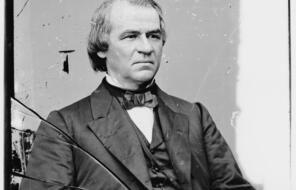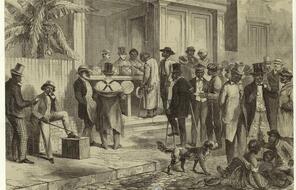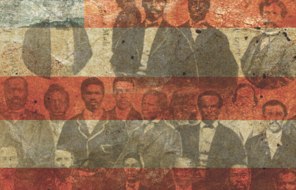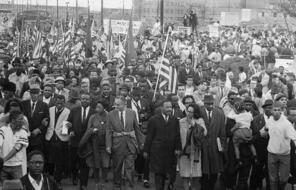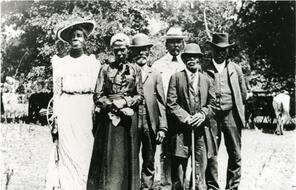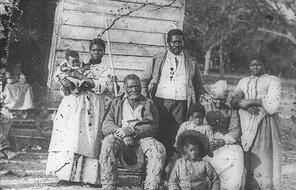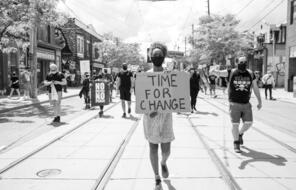[KEVIN TORO] Reconstruction is so often not taught in our schools. And so we're doing a good job here in Arlington of trying to push it in our US2 classes. But so often, we're also kind of struggling for time just to finish and set the end of US1. So in that sense, I'm trying to fill in as much as possible, this lost history that I feel like we don't have home, as well as misrepresented history. I'm hoping that they realize, through the documents that I'm going to show them, that people were resisting. There was resiliency, and resiliency is a huge part of this whole semester-- rather, course-- because I feel like, often, we teach this sort of as victimhood and sort of instead of focusing on sort of how they survived, and why they survived, as well as how they thrive. What I really want them to get out of this lesson is that these people were using this newly acquired freedom in ways that we can see throughout US history-- is legitimate and is the way that we usually see people. I want to sort of normalize this behavior of resiliency of marginalized communities. So today, as we talked about before when we sort of hinted with Reconstruction, we have this contested history that's not necessarily taught. We have just pieces of missing history as well as misinformation that has been taught over years and years, decades and decades at this point, right? We're going to get to the point where it's going to be hundreds of years of this history that teaches the reconstruction as the black failure to govern. So what I want to start us off with is actually looking at some of the sources of the time. So we're going to pass these out, and then we're going to go over them. I will give you further instruction. As you get them, feel free to read. Because we will be going over them individually and reading over them individually, and then coming together as a class, as we often do, all right? I want to just read that first sentence for you, and then you all can read it on your own, all right? The following is an excerpt from historian Leon Litwack's book, Been in the Storm so Long. And before you start reading, what I'd like for you all to do is think about this question as you are doing so. How does Leon Litwack describe the newly acquired freedom of former slaves? Keep that in mind as you're reading. It is something that we're going to discuss afterwards. Let's say-- what are you all feeling, 10 or 15 minutes? [STUDENT 1] 10. [KEVIN TORO] 10? Well, I think that sounds good. 10 minutes. So we have our question, right? How does he describe this newly acquired freedom? Go ahead, Diego, and then Julian. Start us off. [DIEGO] So basically, he just kind of describes it as not really-- I mean, he does say, at one point, what they can do now because of their freedom, but he just more describes that as them having the confidence to not have to obey white people and more just-- yeah, just being able to not obey them. I think that's what he focused on the most, rather than what they can do now. [KEVIN TORO] Yeah, good, good. Julian, follow-up? [JULIEN] Yeah, I said they had the ability to belong to themselves. So they don't have to listen to others, and they can do what they wanted to do with-- they could own their own things. [KEVIN TORO] Yeah, so we have, right now, the sort of-- I want to summarize what both of you said. So, Julian, we're going to start with yours, all right? You've talked about sort of property, right? So would it be fair of me to summarize that as the right to own or a right to property? OK, good. In that sense, we know that that's an aspect of it. So what would we consider that relationship, in terms of the definition of racism that I gave everyone previously? And if anyone would like to jump in and help Diego, they can. [DIEGO] Yes, please. [KEVIN TORO] [LAUGHS] Mikayla, would you-- [MIKAYLA] Power? [KEVIN TORO] Power. Power in terms of what? If anyone would still like to jump in-- Georgia? [GEORGIA] The power distribution kind of falls less into the hands of white people. [KEVIN TORO] And what do we call that? What's the two-- [GEORGIA] Well, it kind of reverses white supremacy. [KEVIN TORO] Wonderful. So we are talking about this white supremacy. So sort of in a demolition or deconstruction of white supremacy is what we've all come to now as well as the sort of right to own property. I think those are two solid ones that we could possibly write down, if you haven't already. [CHUCKLES] All right. [COLE] I don't know how to say it without sounding cheesy. Like, is freedom really being free? Even while being free, it's like, there's still obligations. And freedom is the ability to do and choose what you want to do as freely as you want. But even while being free, there's still things that bind you to a schedule. [KEVIN TORO] Absolutely. So you have an opportunity, right? So that's going to be a good sort of word that we're going to use. But with that opportunity comes what? I want in one word. Mikayla? [MIKAYLA] Responsibility. [KEVIN TORO] Responsibility as well as another R word that's four letters. With this responsibility, with these opportunities, comes the risk that I think that were really hitting at, Cole, of losing it, right? It's a double-edged sword, in that sense, right? Because you have freedom, but you also have the ability to sort of lose it again. And as we know from history, there are going to be cases-- we've already talked a lot about if we think about 13th, if we think about eugenics, if you think about all these things, some of these rights are going to be lost. So there comes the risk of, again, losing what you've gained in these opportunities. And I think we're going to see a lot of this lesson is curated based off of them taking those risks and using those opportunities. I think the lesson went well. I had a little bit of work coming into it, again, with sort of the comprehension of the material. I had to do a lot less scaffolding than I thought, and they took a charge of most of everything that was going on. What really surprised me today about the lesson is how willingly and how easily they jumped into it. It's obviously a hard topic, right? We're talking about enslaved peoples. We're talking about really hard history. And they were really thinking about and challenging sort of the idea of freedom, which I'm really happy about. I think the identity unit that we've been working on has really got them into a mood of being able to challenge, and feeling safe, and feeling that discomfort, and moving through those tensions.
